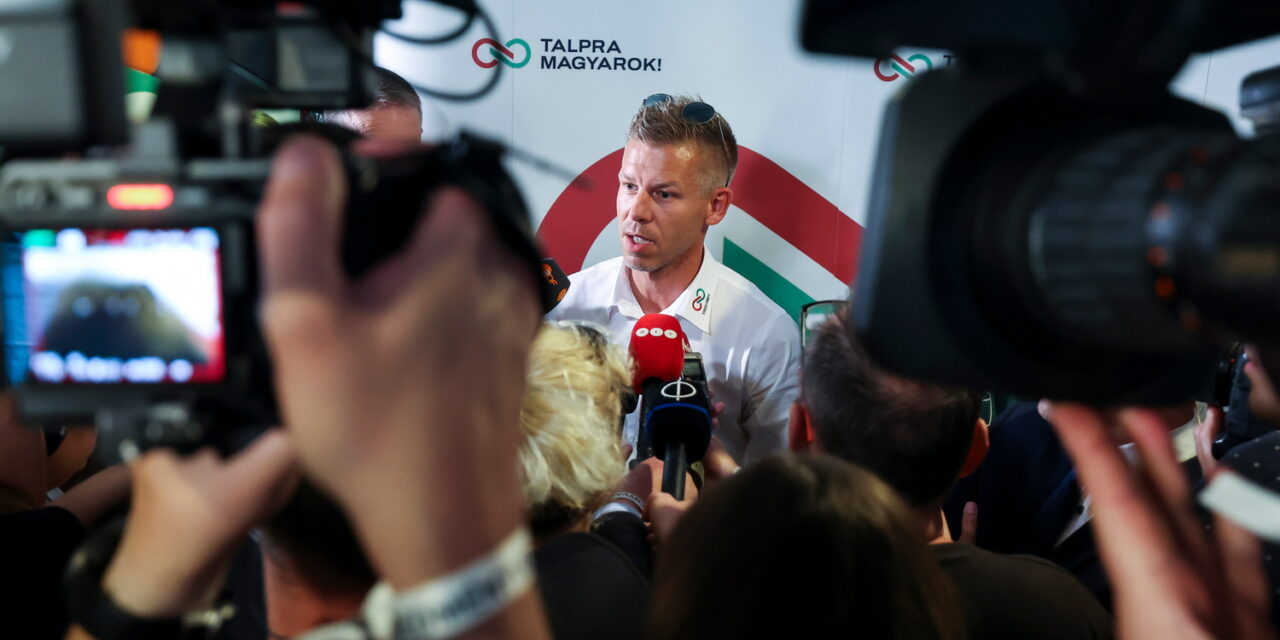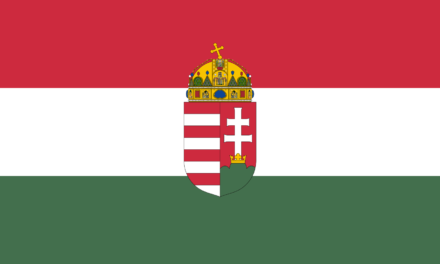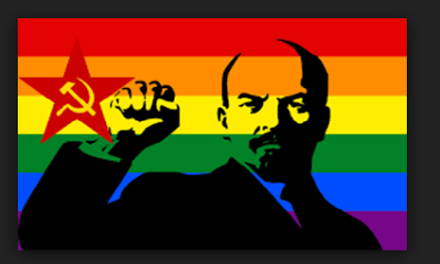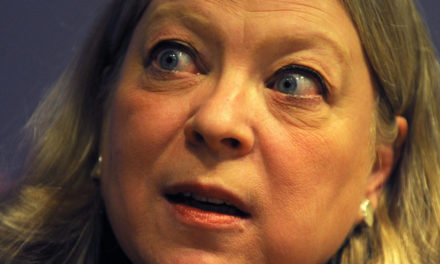The conflict between Péter Magyar and ATV could even look like a cat fight between public figures, if the leader of the Tisza Party had not suddenly posted the church affiliation of some members of the ATV editorial team. Written by László Bodolai.
It was not by chance that I wrote public figures, because ATV is also burdened with the same obligation of tolerance as public figures in relation to criticisms arising during public debates. This is based on judicial practice crystallized over decades, and it also applies to MTVA, HÍR TV and any editorial office or media service provider, including, of course, Index. It is clear that these media industry players have a significant influence on the formation of public opinion, so they have to tolerate stronger opinions about them, even if this opinion might question their balance and independence.
It can be argued who acted less ethically in the given situation, although in this case the behavior of the parties in the studio was more a matter of elegance than an ethical problem.
Confronting the subject of the report live with his previous statements is an operational journalistic technique, but it must not be forgotten that the reporter who interviews the subject in his own studio enjoys a multiple situational advantage over the subject of the report. Taking advantage of this advantage to settle a previous personal disagreement between the participants is just as inelegant as trying to slip as a politician in relation to the inquiries of the given media provider. Let's add, although it is not elegant, it is legal. The politician invited to the program is also entitled to freedom of expression, even to the interviewing media, as long as the presenter can freely ask questions within the framework of editorial (press) freedom.
The SMTV (Act CIV of 2010), which replaces the Press Act, defines the limits of press freedom as follows: the exercise of press freedom may not commit a crime or incite to commit a crime, may not violate public morals, and may not result in the violation of the personal rights of others. However, the legal restrictions apply not only to media workers, but also to all actors in public life, including offended politicians. Even if an invited politician snaps and runs out of the studio due to questions he doesn't like, this still falls well within the scope of freedom of expression.
However, if the person tries to justify the political bias of the media provider who asked him by listing the denominational membership of some editorial members, he goes far beyond the freedom of expression.
Several people have already referred to data protection concerns before me, I would add to these that a certain degree of data protection violations can be committed based on a legitimate interest based on an interest weighing test - as if Péter Magyar was defending himself along similar lines - but in this case the legitimate interest could only exist if a public figure (even as a journalist) during a public debate, he makes statements that are incompatible with his religious views, while hiding his religious affiliation. In the present case, that exempting circumstance does not exist, it would have been possible to refer to the attachment to the ATV Faith Church in general, but in no way in a personal way, by publishing the religious data of random members of the editorial board, even if they can be inferred.
The whole case is a worthy imprint of the domestic media situation.
Since, in practice, the public service media does not fulfill its function despite the legal requirements, some public actors are asking for the criteria of public service to be held accountable for the market-based press products. The rules for public service media (Media Act, Public Service Code) contain largely declarative (non-sanctioning) regulations regarding balance. Similar rules also apply to media products operating on a market basis, within the broad framework of the relevant laws, virtually every editorial office determines its own editorial principles, direction, and ethical standards.
However, these principles should not be held accountable to politicians or public figures, they are free to decide with which editorial board operating on a market basis, just as it is within the scope of editorial freedom what topics the journalists of a given press product treat as a priority, which public figures along which issues and in what form they are voiced. Then the readers - and through them the market - decide how well these media products meet the requirements they expect.
The author László Bodolai is a lawyer, external lecturer at ELTE and Péter Pázmány University.
Featured image: Péter Magyar, the leader of the EP list of the Respect and Freedom Party (Tisza Party) speaks to members of the press at the party's European Parliament and local government election results event on the day of the local government, European Parliament (EP) and national elections in Budapest, on the Roude Leiw stationary ship on June 9, 2024. MTI/Robert Hegedüs













